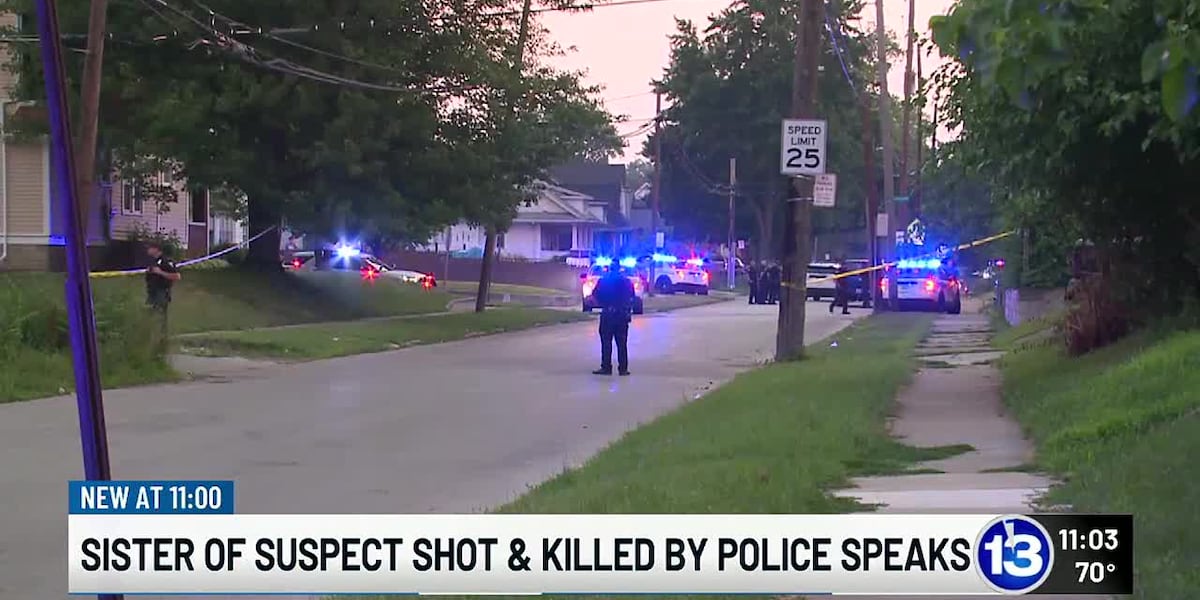Toledo Tragedy: Sister of Shooting Victim Demands Increased Mental Health Support

Toledo, Ohio - The family of Terrell Carter, tragically killed in a recent officer-involved shooting, is now advocating for a significant expansion of mental health resources within the Toledo community. Carter's sister, speaking publicly for the first time since the incident, has voiced her belief that greater access to mental health support could have potentially prevented this devastating outcome.
The events unfolded on Monday when a 9-1-1 call alerted Toledo Police dispatch to a situation involving Mr. Carter. Details surrounding the initial call remain under investigation, but the subsequent encounter resulted in a fatal shooting involving a police officer. The incident has sent shockwaves through the city and sparked renewed discussions about the intersection of mental health, policing, and community safety.
“My brother was struggling,” Carter’s sister stated in a poignant interview. “He needed help, not a confrontation. We need to ensure that people in crisis have access to qualified mental health professionals and support systems before things escalate to this point. It's not just about my brother; it’s about all the people in our community who are silently battling mental health challenges and don’t know where to turn.”
The call for increased mental health resources isn't merely a reaction to this specific tragedy. Local advocates and community leaders have long highlighted the shortage of accessible and affordable mental healthcare in the Toledo area. Waiting lists for therapists and counselors are often extensive, and many individuals lack the financial means to afford private treatment. The current system, they argue, is reactive rather than proactive, often intervening only after a crisis has already occurred.
“We need to invest in preventative measures,” explains Dr. Emily Carter (no relation to the victim), a local psychologist. “This means expanding school-based mental health programs, increasing funding for community mental health centers, and training law enforcement officers in de-escalation techniques and crisis intervention. It also means reducing the stigma associated with seeking mental health support, so people feel comfortable reaching out for help when they need it.”
The Toledo Police Department has indicated its commitment to reviewing the circumstances surrounding the shooting and cooperating with any investigations. They are also exploring options for enhanced training for officers in dealing with individuals experiencing mental health crises. However, Carter’s sister emphasizes that training alone is not enough.
“Training is important, but it’s not a substitute for adequate mental health services,” she asserted. “We need a comprehensive approach that addresses the root causes of mental health issues and provides individuals with the support they need to thrive. My brother’s death should not be in vain. It needs to be a catalyst for real change in our community.”
The family is planning to organize a community forum to raise awareness about mental health and advocate for policy changes. They hope their voices will inspire action and ultimately help prevent similar tragedies from occurring in the future. The Toledo community now faces the challenge of translating grief and outrage into tangible solutions that prioritize mental well-being and ensure the safety of all its residents.





